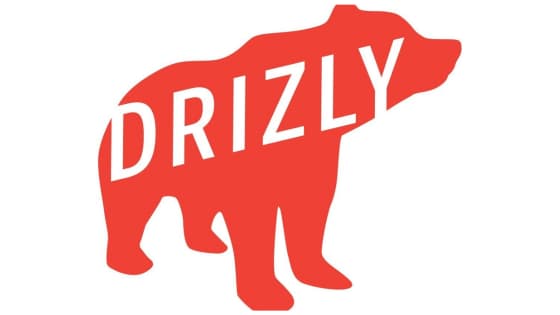I learned about the demise of Drizly, a service I have never used (not that I remember anyway), today via an email message from, well, Drizly.
The message lacked neither wit nor charm. If you are going down in flames, best to do it with style. And gradually. Drizly says it will phase out between now and the end of March.
“You’ll probably feel at home at Uber Eats as the drink selection you know and love is available there,” Drizly wrote to me this morning. “And look – we get it. They’re tall. They’re dapper. And they’ll deliver almost anything. We think you’ll be really good together.”
Kinda cute. But should I feel insulted?
UberEats Got This
The reference to Uber Eats cuts to the heart of what happened to Drizly, a drink delivery app that ride-hailing giant Uber acquired for $1.1 billion (yep, that was a b) in February 2021.
Turns out, if people want some booze, or some booze with their sushi, Uber Eats already has it covered in its alcohol section. Drizly just isn’t needed.
Drizly, founded in Boston in 2012, also made some stumbles that can’t have helped its stature within team Uber.
One such stumble involved getting hacked in 2020. This compromised some 2.5 million customer records. It was later revealed that the company knew it had cybersecurity vulnerabilities for two years without fixing them.
This latter oops led to a 2022 FTC order that included a requirement that Drizly destroy customer data it didn’t need and limited the data Drizly could collect moving forward. And we don’t know why Uber chose to shutter rather than sell Drizly. This may have made the company difficult to sell.
Was the Bear on Thin Ice?
PYMNTS has an interesting take on this move that does resonate. That is if you can get past the $1.1 billion Uber just lit on fire. In essence at least.
By deep-sixing Drizly, as PYMNTS reasons, Uber moves closer to achieving super app status.
“For companies with super app ambitions, consolidation is a key strategy,” PYMNTS wrote today.
The point? If you are to be a super app you need to connect all the dots in the customer experience. And that is hard to do when you have a solution within the app that has its own customer base.
More from PYMNTS today.
“Broadly speaking, the shift is one where the alcohol-delivery activities are now being brought more firmly in-house, with greater control, jettisoning an operation that also had been providing its technology to other customers (thus, outside of Uber’s purview). Uber’s Security and Exchange Commission (SEC) filings don’t detail Drizly’s contribution to results, so we don’t know how the operation was actually faring.”
It may be difficult to know for certain if Drizly was delivering disappointing results. However, if it was crushing it, Uber probably would have highlighted the booze delivery app in its financials.




